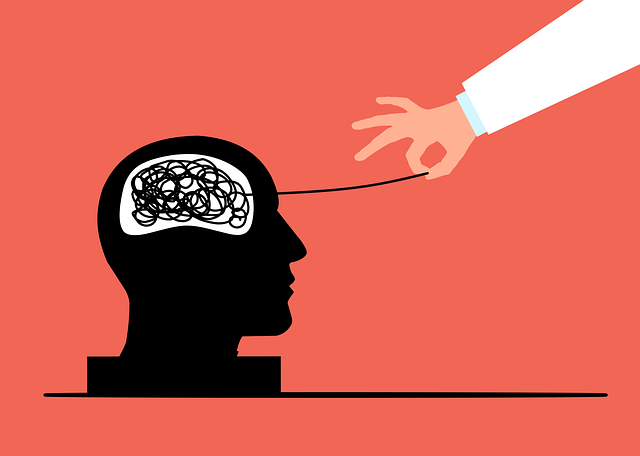Creating safe, inclusive environments through structured activities and clear ground rules is vital for facilitating open dialogue about mental wellness in groups, as seen in Broomfield Polyamorous and Open Relationships Therapy. This involves teaching confidentiality, active listening, empathy, and non-judgmental attitudes to reduce stigma. By combining these strategies with peer support and mindful non-verbal cues, facilitators can build trust, foster connections, and enhance overall mental wellness within diverse group settings, ensuring every individual feels valued and heard.
Mental wellness group facilitation plays a pivotal role in supporting individuals navigating complex emotions, such as those within Broomfield’s polyamorous and open relationships therapy scene. This article delves into proven techniques for fostering safe, inclusive group environments where members feel empowered to share their experiences. From establishing trust through icebreakers to promoting active listening and empathy, these strategies enhance group dynamics, encouraging self-care and supportive practices among participants.
- Establishing a Safe and Inclusive Space
- – Creating a supportive environment for open communication
- – Techniques to build trust and foster vulnerability among group members
Establishing a Safe and Inclusive Space

Creating a safe and inclusive environment is a cornerstone for effective group facilitation, especially when addressing sensitive topics like mental wellness. In Broomfield Polyamorous and Open Relationships Therapy, for instance, fostering an atmosphere where individuals feel accepted and comfortable is paramount to encouraging open dialogue about emotional regulation. This involves ensuring all participants understand the principles of confidentiality, active listening, and non-judgmental attitudes, allowing them to share their experiences without fear of stigma or ridicule.
The design of mental health education programs should mirror this inclusivity, aiming to reduce the mental illness stigma reduction efforts by promoting empathy and understanding. Through well-structured activities that encourage peer support and shared learning, facilitators can help individuals from diverse backgrounds connect and relate, creating a supportive network that enhances mental wellness within the group setting.
– Creating a supportive environment for open communication

In facilitating mental wellness groups, particularly focusing on Broomfield Polyamorous and Open Relationships Therapy, creating a safe and supportive environment is paramount for fostering open communication. This involves establishing ground rules that emphasize respect, confidentiality, and active listening from the outset. By encouraging participants to share their experiences without fear of judgment or repercussions, facilitators can unlock a wealth of insights that are integral to group dynamics.
Effective Communication Strategies within these therapy settings should be designed around Mental Health Education Programs. This involves teaching members about the importance of empathy, validating different perspectives, and fostering an atmosphere where vulnerability is met with compassion. Such approaches not only enhance interpersonal connections but also strengthen the overall mental wellness of the group, ensuring every individual feels heard and valued in a supportive community.
– Techniques to build trust and foster vulnerability among group members

Building trust within a group setting is an essential foundation for fostering a safe and supportive environment, especially when exploring sensitive topics like mental wellness. Group facilitators can employ various techniques to encourage members to open up and share their experiences. One effective approach is to model vulnerability themselves, sharing personal stories or examples relevant to the discussion at hand. This acts as a powerful signal that encourages others to do the same. For instance, discussing challenges within relationships and how one navigated them openly can inspire others to share their struggles with emotional openness.
Additionally, creating structured yet flexible group dynamics can aid in trust-building. Activities that promote interdependence, such as pair or small group discussions, allow members to connect on a deeper level. These interactions can boost confidence and create a sense of belonging. Facilitators should also be mindful of non-verbal cues, ensuring a welcoming atmosphere with open body language and active listening skills. Incorporating exercises that challenge societal norms related to privacy and secrecy, especially in communities like Broomfield Polyamorous and Open Relationships Therapy, can help individuals understand the benefits of transparency, fostering an environment conducive to crisis intervention guidance when needed.
Group facilitation techniques play a pivotal role in fostering mental wellness, especially within diverse communities like those exploring polyamorous and open relationships. By creating safe spaces that encourage vulnerability and open communication, as exemplified by the Broomfield Polyamorous and Open Relationships Therapy approach, facilitators enable members to navigate complex emotions and build deeper connections. These inclusive practices not only enhance individual growth but also contribute to a richer collective experience, ultimately strengthening the support network within the group.














